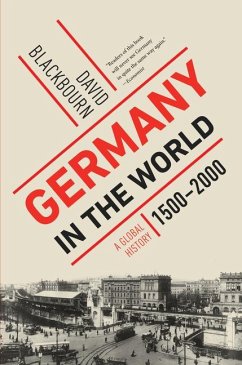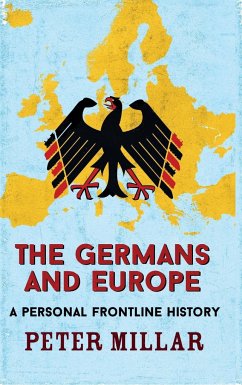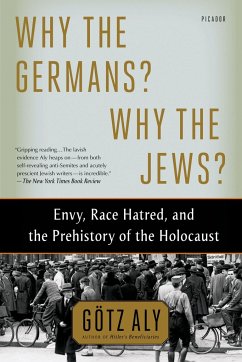
West Germans and the Nazi Legacy
Versandkostenfrei!
Versandfertig in über 4 Wochen
187,99 €
inkl. MwSt.
Weitere Ausgaben:

PAYBACK Punkte
94 °P sammeln!
This book constitutes a new history of the complex memory cultures that persisted within post-war West Germany, examining the attitudes of ordinary people to the second wave of Nazi war crimes trials ushered in during the 1960s. It explores responses to the prospect of continuing investigations, the reception afforded to the defendants, and the sheer resonance that such proceedings could generate within a local community. Drawing upon case studies from across the Federal Republic, it bridges a gap between the current historiography and localised memory studies, and analyses of war crimes trial...
This book constitutes a new history of the complex memory cultures that persisted within post-war West Germany, examining the attitudes of ordinary people to the second wave of Nazi war crimes trials ushered in during the 1960s. It explores responses to the prospect of continuing investigations, the reception afforded to the defendants, and the sheer resonance that such proceedings could generate within a local community. Drawing upon case studies from across the Federal Republic, it bridges a gap between the current historiography and localised memory studies, and analyses of war crimes trials. Far from viewing the 1960s as an uncomplicated decade of change, this book emphasises the range of voices that were competing to make themselves heard during this period, whether they came from survivors' groups, crusading journalists and students, or from former prisoners of war, veterans' organisations and the war widowed. This diversity of opinion and experience enabled the persistence of silences, distortions and mythologies that could afford some level of distance to be imposed between the perpetrators of the Nazi genocide, and the ordinary West German population. The process of 'coming to terms with the past' was thus complicated and protracted.













